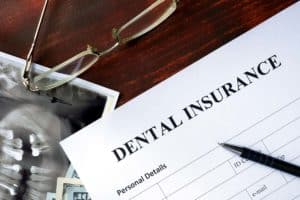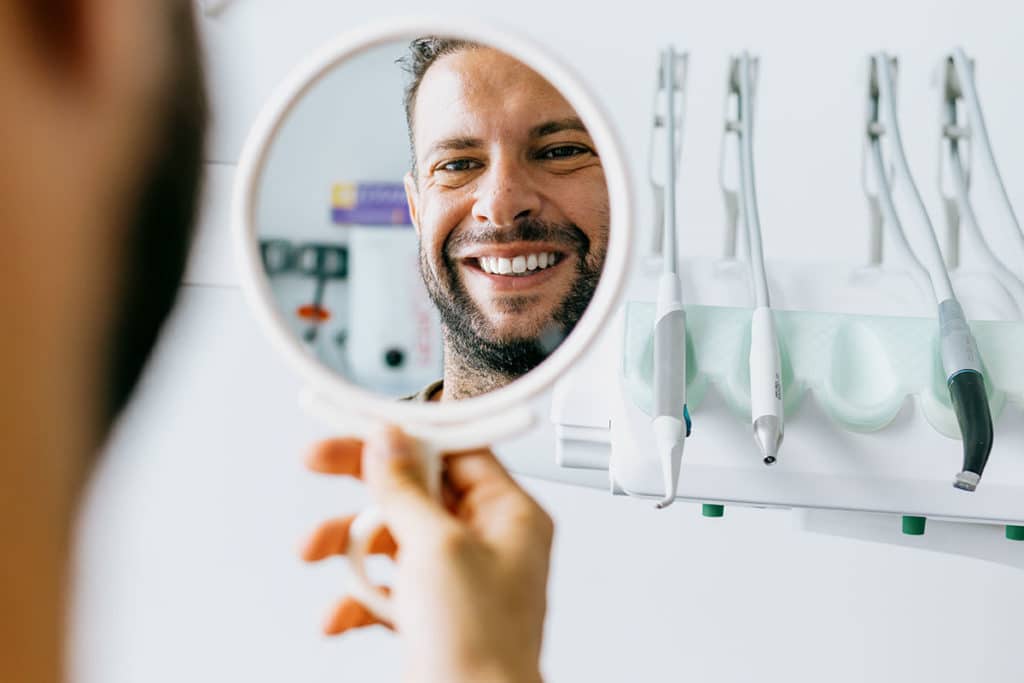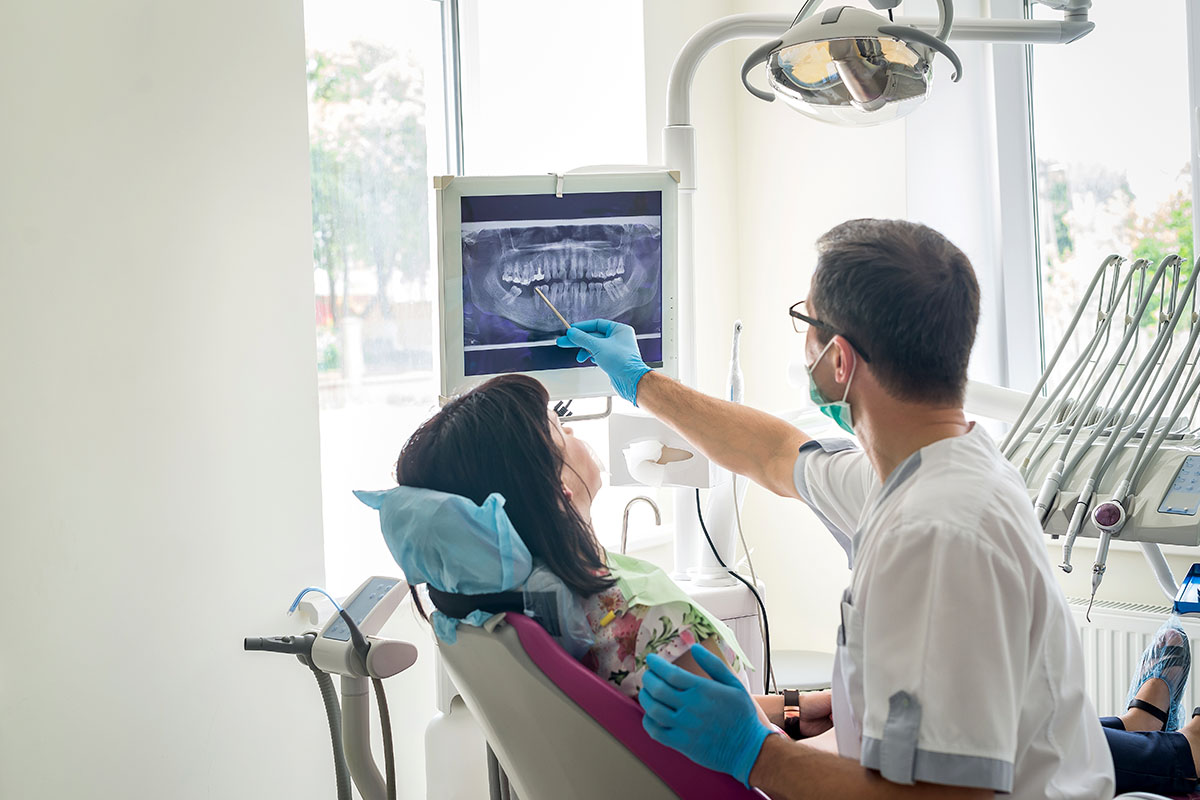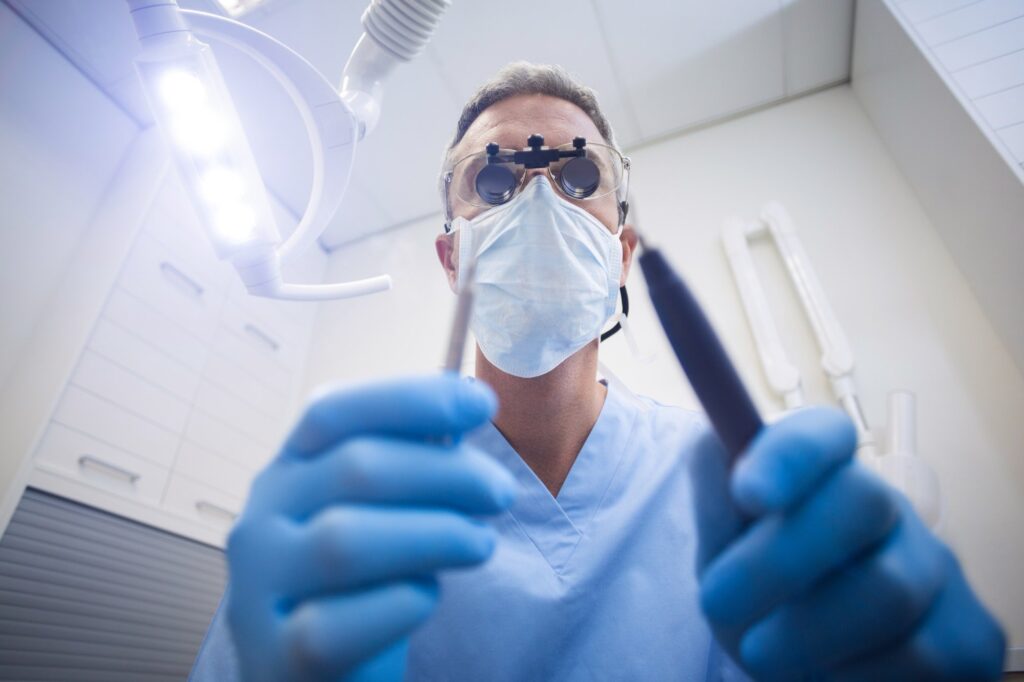In the heart of the Keystone State, where history meets modernity, there’s a topic that resonates with families far and wide: Dental Health. From the bustling streets of Scranton to the landscapes of Pittson, PA, the quest for a radiant smile remains universal. But how do you ensure that your teeth get the best care? The answer lies in finding the right Dentist in Pennsylvania. In this comprehensive guide, we’ll explore the world of family dentists, the importance of local dentists in Pittston, PA, and the intricacies of dental insurance.
The Pillars of Dental Health

Dental health is not just about a beautiful smile; it’s a window to your overall well-being. Here are the foundational pillars:
- Regular Check-ups: Just as you’d service your car, your teeth need regular check-ups to spot potential issues early on.
- Oral Hygiene: This involves daily brushing, flossing, and using mouthwash to keep harmful bacteria at bay.
- Balanced Diet: Consuming a diet rich in calcium, avoiding excessive sugars, and drinking plenty of water can bolster dental health.
The Role of a Family Dentist
A family dentist is akin to a family doctor but for your teeth. Here’s why they’re indispensable:
- Comprehensive Care: From toddlers to grandparents, family dentists cater to all age groups. Whether it’s a child’s first dental check-up or a grandparent needing a crown, they’ve got it covered. Dive deeper into the world of family dentistry to learn more.
- Building Relationships: Over time, family dentists get to know your dental history, preferences, and concerns. This rapport ensures personalized care tailored to your needs.
- Convenience: Having a single dentist for the entire family can simplify appointment scheduling and record-keeping.
Why Opt for a Local Dentist in Pittston, PA?
While Pennsylvania is dotted with dental clinics, there’s something special about choosing a local dentist:
- Community Connection: Local dentists, like those at Casey Dental, often have a deep-rooted connection to the community. They’re not just healthcare providers; they’re neighbors, friends, and active community members.
- Accessibility: In case of dental emergencies, having a dentist nearby can be a blessing. Quick response times and easy accessibility can make all the difference.
- Local Recommendations: Local dentists are often well-networked with other healthcare providers in the area. Need an orthodontist or oral surgeon? Your local dentist can guide you to the best.
Navigating the Maze of Dental Insurance

Dental procedures, while essential, can sometimes be heavy on the pocket. This is where dental insurance steps in:
- Coverage: Dental insurance typically covers a range of procedures, from regular cleanings to more complex treatments. It’s always wise to check the specifics with your provider. For a detailed overview, visit Casey Dental’s Insurance page.
- Cost Savings: With insurance, the out-of-pocket expenses for many dental procedures can be significantly reduced.
- Peace of Mind: Knowing that your dental expenses are covered (at least partially) can offer peace of mind, especially during unplanned dental emergencies.
Decoding Dental Benefits: Understanding the Most Common Types and Forms
Navigating the world of dental benefits can sometimes feel like deciphering an ancient script. With various terms, conditions, and types, it’s easy to get overwhelmed. But fear not! In this segment, we’ll demystify the two most common types of dental benefits and delve into the most prevalent form of dental insurance. Let’s get started!
The Two Most Common Types of Dental Benefits
- Dental Health Maintenance Organization (DHMO):
- How It Works: DHMO plans involve a network of dentists who agree to provide services at pre-negotiated rates. Patients select a primary care dentist from this network.
- Pros: Lower premiums and no deductibles make DHMO plans financially attractive. There’s also no annual maximum limit on coverage.
- Cons: The choice of dentists is restricted to the network. Out-of-network care, unless it’s an emergency, typically isn’t covered.
- Preferred Provider Organization (PPO):
- How It Works: PPO plans offer a network of dentists who provide services at discounted rates, but patients can also see out-of-network dentists, albeit at a higher cost.
- Pros: Greater flexibility in choosing a dentist, even outside the network. The quality of care is consistent, whether you choose an in-network or out-of-network dentist.
- Cons: Premiums are generally higher than DHMO plans. There might be annual deductibles and maximum limits on coverage.
The Most Common Form of Dental Insurance
While both DHMO and PPO have their merits, the Preferred Provider Organization (PPO) stands out as the most common form of dental insurance. Its popularity can be attributed to the flexibility it offers. Patients aren’t bound to a specific network and can choose their preferred dentist, making it a preferred choice for many who value the freedom of choice in their healthcare decisions.
Dental benefits are a crucial aspect of holistic healthcare coverage. Understanding the nuances of different plans can empower you to make informed decisions that align with your needs and preferences. Whether you lean towards the structured network of a DHMO or the flexibility of a PPO, the key is to prioritize regular dental check-ups and maintain optimal dental health.

In Conclusion
Dental health, while often overlooked, is a cornerstone of overall well-being. Finding the right Dentist in Pennsylvania can set you on a path to a lifetime of radiant smiles and robust health. Whether you opt for a family dentist or prefer the touch of a local dentist in Pittston, PA, the key is regular check-ups and a proactive approach to dental care.
And when it comes to the financial aspect, understanding and leveraging dental insurance can ensure that you get the best care without burning a hole in your pocket.For more insights, tips, and dental wisdom, don’t forget to check out the Casey Dental Blog. Here’s to a future filled with bright smiles!
Frequently Asked Question
How can I find the right dentist in Pennsylvania for my family?
Finding the right dentist in Pennsylvania involves considering several factors such as the dentist’s location, qualifications, services offered, and patient reviews. It’s important to choose a dentist who is conveniently located, such as a local dentist in Pittston, PA, and who can cater to the specific needs of your family. Additionally, checking the dentist’s credentials and their approach to dental care can ensure you receive quality treatment.
Why is it beneficial to choose a local dentist in Pittston, PA?
Opting for a local dentist in Pittston, PA offers several advantages. Local dentists are more accessible for regular visits and emergencies, which is crucial for maintaining consistent dental health. They are also familiar with the community and can provide personalized care tailored to the specific needs of residents in the area. Furthermore, local dentists often have a network of referrals within the community, ensuring comprehensive dental care.
What should I know about navigating dental insurance in Pennsylvania?
Navigating dental insurance in Pennsylvania can be complex, but understanding the basics can help. It’s essential to comprehend the different types of dental benefits and insurance plans available. Typically, dental benefits come in two common types: managed care plans and fee-for-service plans. Understanding the coverage, limitations, and out-of-pocket costs associated with each type can aid in selecting the best plan for your needs. Consulting with your chosen dentist about accepted insurance plans can also provide clarity.


